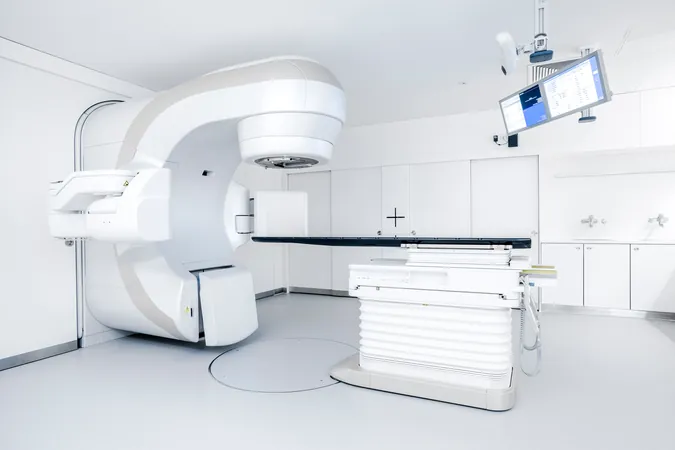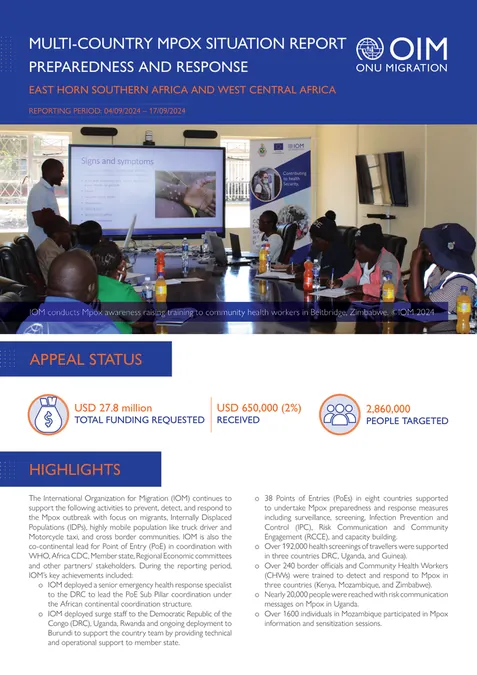
Groundbreaking Study Reveals Shorter Radiation Therapy Safe for Breast Reconstruction Patients!
2024-10-03
Author: Ming
The Background
Breast cancer patients often require radiation therapy post-mastectomy to reduce the likelihood of cancer recurrence, particularly in areas like the chest wall and lymph nodes. Traditionally, radiation treatment spans a grueling 5 to 6 weeks. However, emerging evidence suggests that accelerated radiation courses can be just as effective in preventing recurrence while significantly enhancing the patients' quality of life.
Historically, the concern over increased side effects from higher radiation doses has led to the exclusion of patients planning for breast reconstruction from previous studies. Thankfully, this new research turns that paradigm on its head.
Key Insights from the Study
In the international phase III RT CHARM trial, researchers evaluated 898 patients with unilateral invasive breast cancer across various cancer centers in the U.S. and Canada. The study included individuals with larger tumors and those with smaller tumors that invaded lymph nodes, all of whom anticipated undergoing immediate or delayed reconstruction after receiving radiation therapy.
Participants were randomly assigned to two treatment groups: one receiving standard radiation over 5 weeks and the other engaging in a hypofractionated or accelerated course lasting around 3 weeks. Notably, over half of the patients received chemotherapy before their mastectomy—an important consideration in understanding the overall treatment landscape.
Among the 650 patients who underwent breast reconstruction, the majority used implants while a substantial portion opted for autologous reconstruction methods—those using their own tissue. The results over a median follow-up time of 5 years were illuminating.
Complications and Recurrence Rates
At the two-year mark post-reconstruction, complication rates were impressively low—14% for the shorter radiation group compared to 12% for the conventional group. This finding was statistically noninferior, meaning that the shorter treatment did not lead to increased complications. Furthermore, treatment-related side effects were found in fewer than 6% of participants in either cohort.
With respect to recurrence, both treatment approaches yielded comparable outcomes within three years, with cancer returning in only 1.5% of those treated with the shorter plan versus 2.3% for the standard approach. This is particularly striking considering that without postmastectomy radiation, typical recurrence rates for high-risk patients can soar to 20% to 30%.
The Implications of the Findings
The implications of this research are monumental. Dr. Khan emphasized the urgency of spreading these findings across more cancer treatment centers, highlighting that radiation therapy is life-saving. “Patients shouldn’t feel they must choose between undergoing radiation and pursuing reconstruction,” he stated poignantly.
In addition to potentially improving patient safety and outcomes, the shortened treatment duration offers a practical advantage. Many cancer patients face logistical challenges, such as traveling long distances for treatment. The prospect of condensing required radiation treatment from 6 weeks to just 3 could alleviate significant burdens for patients and their families.
Dr. Poppe elaborated further, expressing the relief patients feel when informed about the new, less daunting radiation course. “A 3-week treatment schedule can dramatically enhance accessibility to this essential care for so many patients,





 Brasil (PT)
Brasil (PT)
 Canada (EN)
Canada (EN)
 Chile (ES)
Chile (ES)
 España (ES)
España (ES)
 France (FR)
France (FR)
 Hong Kong (EN)
Hong Kong (EN)
 Italia (IT)
Italia (IT)
 日本 (JA)
日本 (JA)
 Magyarország (HU)
Magyarország (HU)
 Norge (NO)
Norge (NO)
 Polska (PL)
Polska (PL)
 Schweiz (DE)
Schweiz (DE)
 Singapore (EN)
Singapore (EN)
 Sverige (SV)
Sverige (SV)
 Suomi (FI)
Suomi (FI)
 Türkiye (TR)
Türkiye (TR)